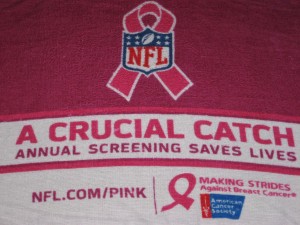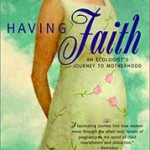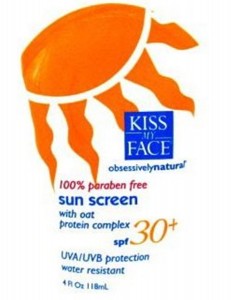Shameless Shout Out for Breast Cancer Fund
When we scour the web for you, seeking great resources for women's reproductive health, we occasionally bump up against a real gem. We are newly converted (and HUGE!) fans of the Breast Cancer Fund.
On their home page, they offer a little widget that let's you explore your living spaces. You choose an area in your house or outdoors, then scroll over the little icons, which inform you of the dangers that lurk. Cupboards, canned food, anti-bacterial soap...they cover it all
But the Breast Cancer Fund goes far beyond creating cool widgets for their site. They are educating about breast cancer prevention are strong advocates to remove BPA from our environment, greening the chemical industry and demanding safe cosmetics. Their site is also full of resources, like the video below:
Check 'em out!




